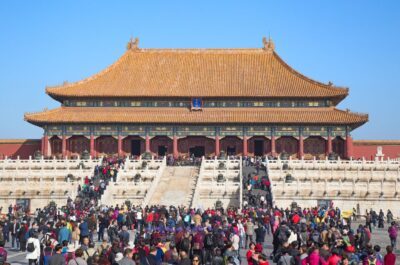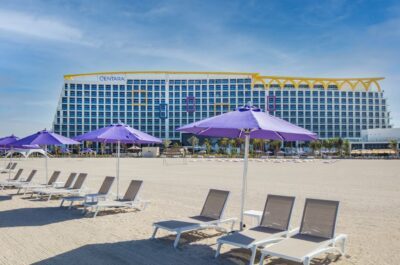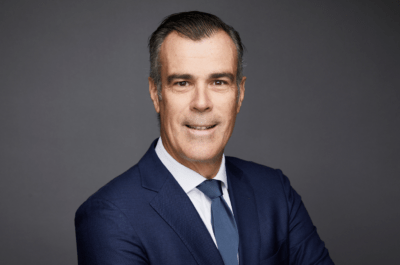Recent ownership trends in Australia have been characterised by three main trends, the continued exit of South East Asian investors, the divestment of assets by hotel operators and an increase in ownership by…
Recent ownership trends in Australia have been characterised by three main trends, the continued exit of South East Asian investors, the divestment of assets by hotel operators and an increase in ownership by domestic investment funds. The Jones Lang LaSalle Hotels`s recently released ‘Hotel Ownership Pendulum in Motion’ examines who the current owners of Australian hotel real estate are and how this has changed over the last ten years.
“Pricing for commercial, retail and industrial assets has become fiercely competitive and increasingly fund managers are turning their attention to consider alternative property opportunities such as hotels,” said Mr David Gibson, CEO Asia Pacific, Jones Lang LaSalle Hotels. He added, “Despite this, there has been no recent major listed securitisation of hotel assets, with limited interest from the market in hotel property trusts, as was the experience ten years ago.”
So, what has changed?
Ten years ago in Australia, hotels were still viewed as an alternative property investment. “However, an increase in the securitisation of non-hotel real estate, coupled with a scarcity of mainstream property assets, widened their appeal over the past few years,” said Mr Gibson.
Most hotel property markets are also currently on the upturn phase of the cycle with a similarly positive trading outlook as was expected ten years ago. “As the industry has matured, management skills on both the operational and investment sides have also improved,” said Mr Gibson.
Lessons were learnt then, which still apply today. Basic property fundamentals apply to hotels as they do other asset classes. “Hotel property cycles exist, as does supply and demand, which drive capital value and demand,” said Mr Gibson.
Hotel investment is optimal on a portfolio basis to mitigate risk. There are several contributing factors that make hotel investment successful, that is, deliver higher returns than you would expect from other asset classes. “These include asset selection, operator selection, operating agreements and adequately funded refurbishment and rolling maintenance programs,” he says.
In moving from sector specific trusts that characterised the mid 1990’s to the subsequent privatisation of these assets and then more recently the trend back to investment funds, hotel ownership in Australia has almost gone full circle.
“We expect to see a continuation of the trend towards an increase in domestic institutional ownership of hotels,” said Mr Gibson. The environment is more suited to it today, whereas ten years ago those entering the market were viewed as pioneers. As hotels become increasingly viewed as mainstream, we are likely to see a larger proportion of managed fund investment.
Tourism assets, if presented in a structured property investment vehicle with an appropriate risk/reward profile, would provide fund managers with an excellent opportunity to diversify their exposure from the more traditional retail, office and industrial property assets.
“Investors will increasingly look for opportunities that provide the possibility for diversity,” said Mr Gibson. Mixed income streams are of significant value and the impact of demand shocks occurring over the last five years has highlighted this fact. “With the start of the next supply cycle, we expect to see an increase in mixed-use developments which will make a far easier sell as an alternative asset class,” he added.
In Australia, the top ten owners of hotel room stock vary and include investment funds, public and private companies and hotel/serviced apartment operators. Investment funds are widely considered the most active buyers of hotel real estate at present. Ownership trends vary across hotel ratings and property size, with higher grade properties typically owned by investment funds and lower grade and smaller properties owned by private companies and High Net Worth Individuals.
Theodore is the Co-Founder and Managing Editor of TravelDailyNews Media Network; his responsibilities include business development and planning for TravelDailyNews long-term opportunities.

























































































